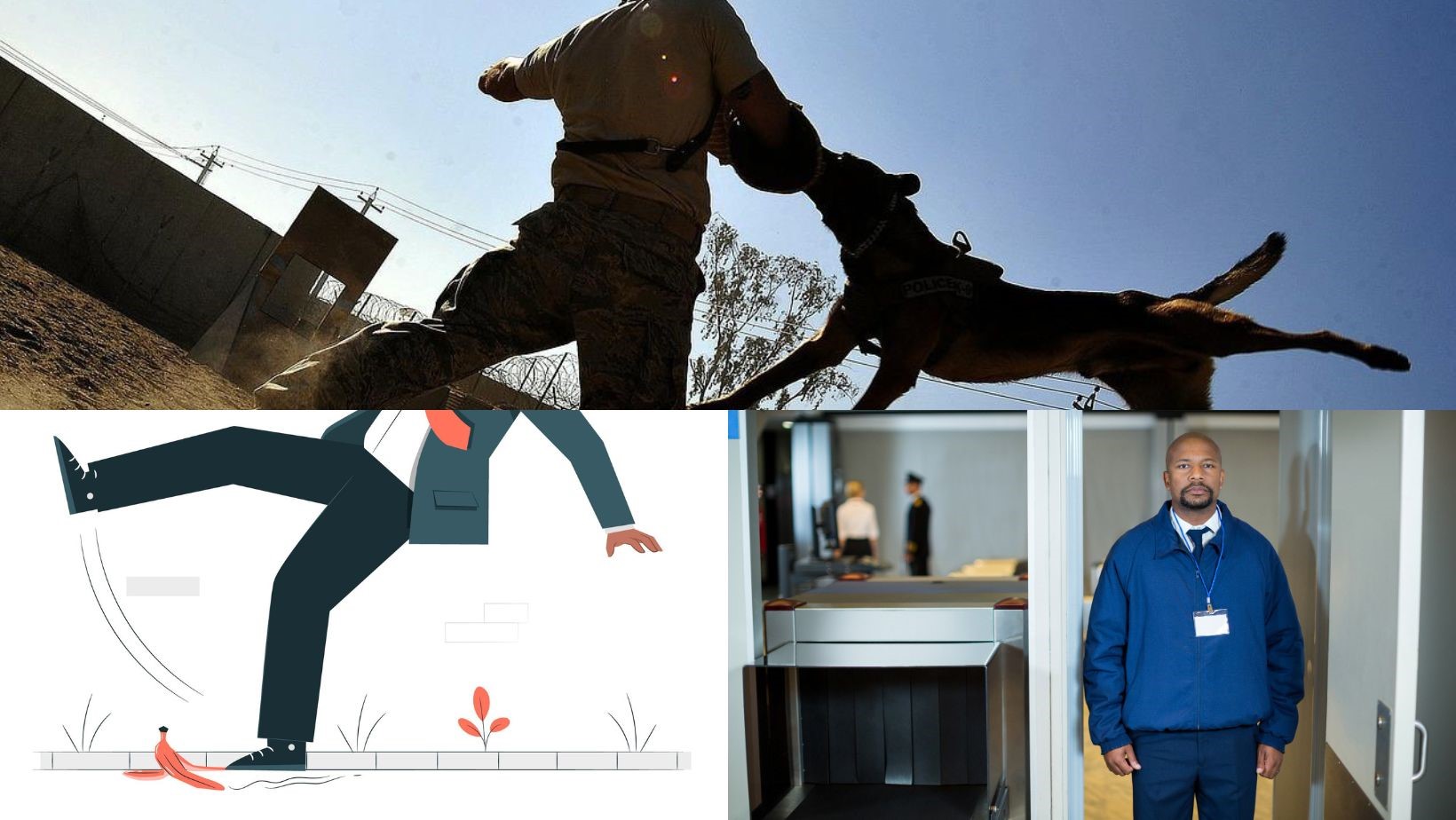What Every Business Owner Needs to Know About Premises Liability
In a world where businesses are open to the public, you may be held liable for the safety of your customers. You are responsible to your employees, customers, and visitors for keeping the premises safe. This can be difficult when hundreds or thousands of people come through your doors daily. If someone is injured on your property, they may sue you in court and claim negligence. Premises liability is a type of liability that involves the responsibility of property owners or operators to keep their properties safe for visitors. The following are some common types of premises liability cases:
Slip-and-fall
Slip-and-fall accidents are among the most common premises liability claims. They can happen in any business setting and result from various causes. The typical scenario involves a customer slipping on water, food, or some other substance left on the floor by employees or customers. Therefore the business owner needs to understand premises liability laws. On the other hand, if you were the victim of a slip and fall accident, you can learn more about filing a slip and fall claim here.
Dog bites
Dog bites account for about one-fourth of all premises liability claims. Some dogs are trained to be aggressive while others are not, but they all pose a risk to their owners and anyone else who happens to come into contact with them. It’s important to know what breeds are dangerous before you allow them inside your business.
Negligent security guard
An employee hired as a security guard is not paying attention when a crime occurs in front of them, allowing criminals to escape and potentially return later to commit more crimes against customers or employees at that location, building, business location, etc.
Here’s what every business owner should know about premises liability:
Privity of contract
This contract means that you have an agreement with that person and therefore have certain obligations towards them; however, it is only limited to those who have entered into an agreement with you somehow. This can include customers, employees, or contractors. This means that only those who have signed a contract with an organization can sue them for negligence or breach of contract. This prevents people from suing companies based solely on hearsay or secondhand information.
Occupiers’ liability
This is where you have not agreed with someone who enters your premises, but they are there due to your invitation. For example, if your tenant invites their friends over, then any injuries sustained by these guests could result in an occupiers’ liability claim against you as the landlord or landowner if there was no warning about the dangerous condition on display at the time of their visit (for example a loose step).
Strict Liability Tort
This is the most common form of law that applies to premises liability lawsuits. The strict liability tort states that if an injury occurs on someone’s property and the owner didn’t take reasonable steps to ensure safety, they can be held liable for damages. This is also known as a “negligence” claim. The defendant doesn’t need to show any negligence or carelessness; their actions need to fall short of what a reasonable person would do in their situation. For example, if a store owner failed to remove ice from his sidewalk and someone slipped on it, causing them to break their arm, he could be liable for damages even though he didn’t personally cause the injury.

